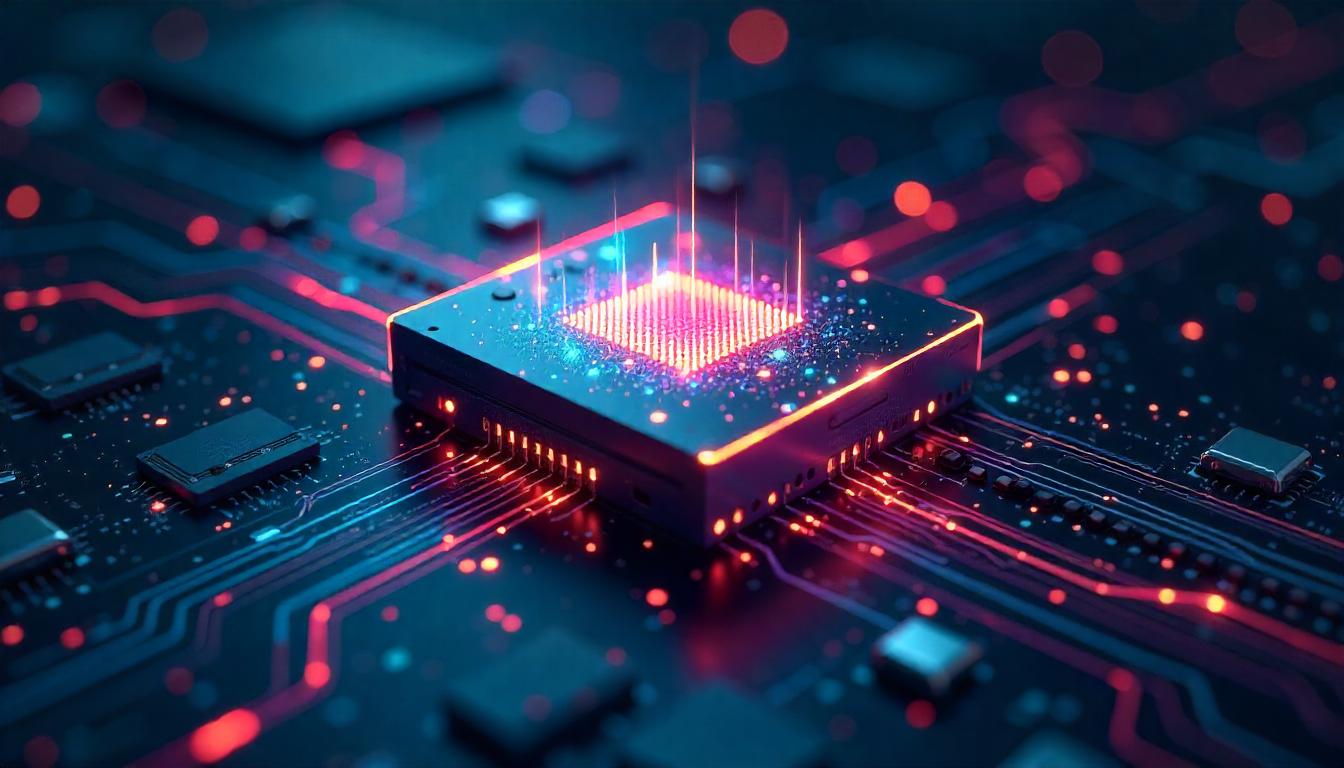The Dawn of Quantum AI
In 2025, the tech world is buzzing with excitement over Quantum AI, a groundbreaking fusion of quantum computing and artificial intelligence. This innovative synergy promises to push the boundaries of what machines can achieve, solving complex problems at speeds unimaginable with traditional computers. As we stand on the brink of this new frontier, it’s clear that Quantum AI could redefine industries, from healthcare to finance, and beyond.
Understanding Quantum Computing Basics
Quantum computing operates on the principles of quantum mechanics, using qubits instead of traditional bits. Unlike bits, which represent either a 0 or a 1, qubits can exist in multiple states simultaneously thanks to superposition and entanglement. This unique ability allows quantum computers to process vast amounts of data in parallel, making them exponentially more powerful than classical systems for specific tasks.
The Role of Artificial Intelligence in Quantum AI
Artificial intelligence thrives on data and computation power. By integrating AI with quantum computing, we unlock new possibilities for machine learning and problem-solving. Quantum AI can optimize algorithms, accelerate simulations, and enhance pattern recognition, enabling AI systems to tackle challenges like climate modeling or drug discovery with unprecedented efficiency in 2025.
Real-World Applications Taking Shape
The impact of Quantum AI is already being felt in 2025. In healthcare, it’s speeding up drug development by simulating molecular interactions at the quantum level. In finance, it’s revolutionizing risk analysis and portfolio optimization. Even logistics companies are using it to solve complex routing problems, proving that Quantum AI is not just a concept—it’s a practical tool transforming industries today.
Challenges on the Horizon
Despite its potential, Quantum AI faces hurdles. Quantum computers are notoriously difficult to build and maintain, requiring ultra-low temperatures and precise conditions. Additionally, integrating AI with quantum systems demands new algorithms and expertise. In 2025, researchers are working tirelessly to overcome these obstacles, but widespread adoption may still be a few years away.
The Future Awaits
As we look ahead, Quantum AI stands as a beacon of innovation. By 2030, it could become the backbone of next-generation technologies, driving discoveries we can’t yet imagine. For now, 2025 marks a pivotal moment where theory meets practice, and the collaboration between quantum computing and AI continues to evolve, promising a future of limitless possibilities.
